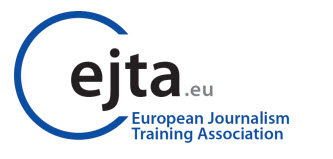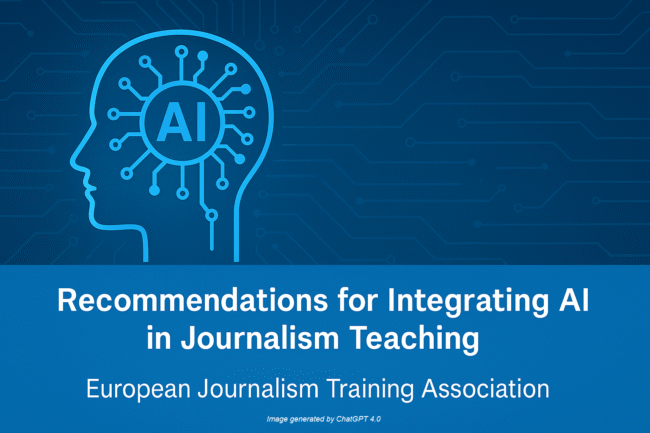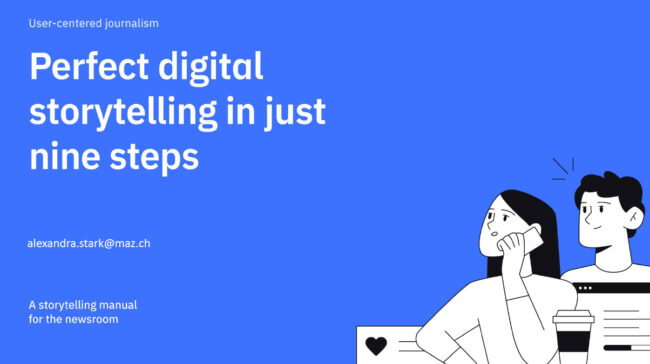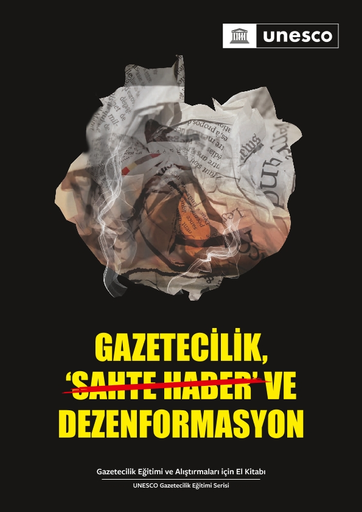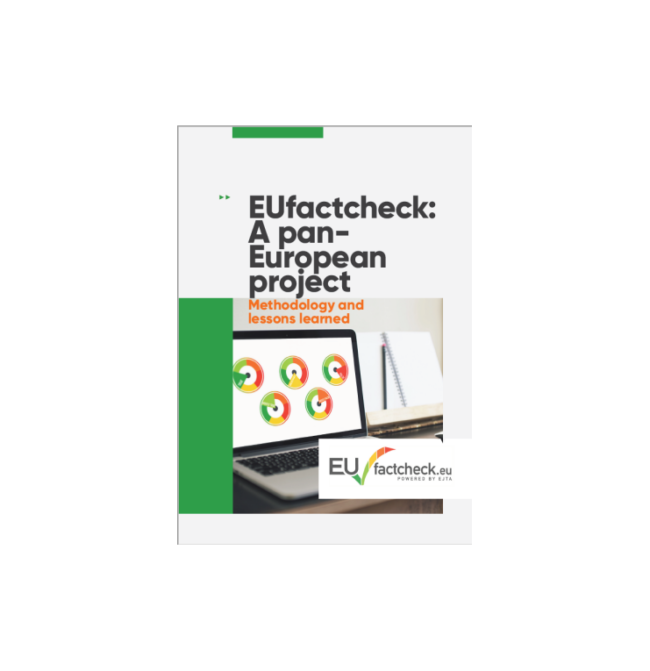EJTA publishes Recommendations for Integrating AI in Journalism Teaching
Antwerp / Utrecht, June 26, 2025 — The European Journalism Training Association (EJTA) has released its first comprehensive set of recommendations to help journalism schools across Europe navigate the challenges and opportunities of artificial intelligence (AI) in journalism education. Titled “Recommendations for Integrating AI in Journalism Teaching”, the document is the result of two years…
